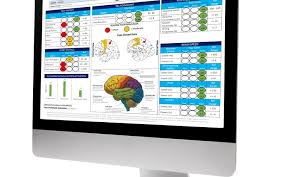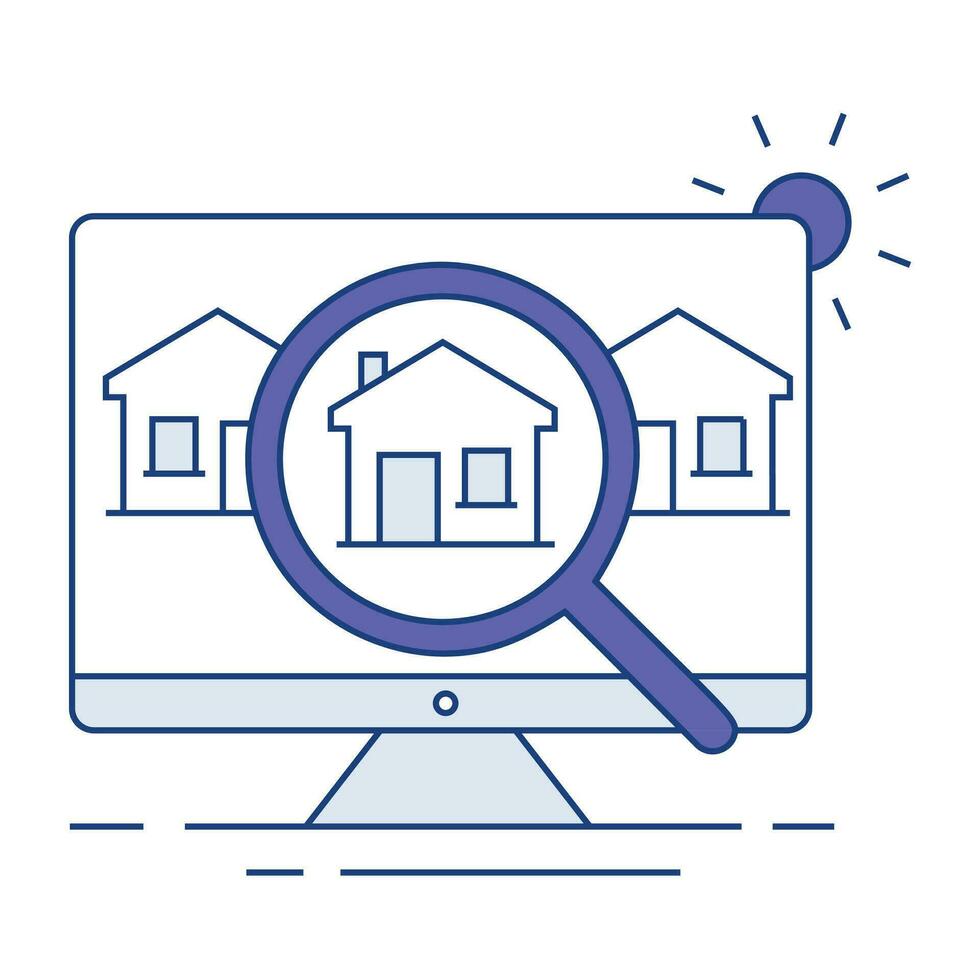Memory loss often feared yet little understood, can occur due to various reasons. It is characterized by forgetfulness or the inability to remember information, events, or people. As wide-ranging as its causes may be, the types of memory loss are just as diverse. Evoke Neuroscience will guide you through the main types of memory loss and provide a foundation for understanding this intricate subject.
Transient Global Amnesia (TGA)
A curious but relatively benign type of memory loss, TGA is characterized by sudden, temporary episodes of amnesia. Individuals can’t recall recent events and may have trouble forming new memories. Also, TGA episodes typically last a few hours but can persist for up to 24 hours. Once resolved, your memory function usually restores completely.
Mild Cognitive Impairment (MCI)
MCI involves persistent memory problems – with MCI, individuals experience more memory problems than typically associated with aging. While noticeable, these memory changes don’t significantly impact daily life. While not all people with MCI will develop Alzheimer’s disease, having MCI does put one at increased risk.
Alzheimer’s Disease
Memory loss from Alzheimer’s disease worsens over time, starting with recent memories before affecting older, more ingrained memories. Also, this memory loss significantly impedes daily activities and also comes with other cognitive symptoms, like confusion and difficulty with problem-solving.
Vascular Dementia
Caused by decreased blood flow to the brain, vascular dementia impacts memory. It can create memory problems, including difficulties with recalling and learning new information. Often, these cognitive changes occur distinctly after a stroke or major incident reducing brain blood flow.
Dementia With Lewy Bodies (DLB)
Lewy bodies, and abnormal clumps of protein, can cause memory impairment. For one, people with DLB experience varying levels of memory loss and alertness, Evoke Neuroscience which can make the condition harder to diagnose. DLB is also characterized by symptoms such as visual hallucinations and motor symptoms similar to those of Parkinson’s disease.
Frontotemporal Dementia (FTD)
Lastly, FTD involves damage to the front and sides of the brain. In FTD, behavior and personality changes often arise before, or are more significant than, memory loss. Other than that, FTD can also cause issues with language skills and emotional expression.



